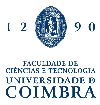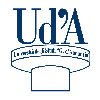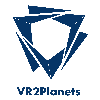Project partners
GeoPlaNet's Strategic Partnership is based on a collaboration of 5 European Universities from the GeoPlaNet consortium and a private company, with complementary expertise:
 Nantes Université (FR) and the Laboratoire de Planétologie et Géosciences in Nantes (LPG), project coordinator
Nantes Université (FR) and the Laboratoire de Planétologie et Géosciences in Nantes (LPG), project coordinator
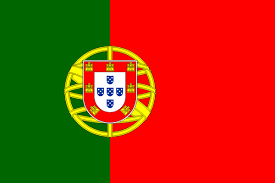 University of Coimbra (PT) and the Centre for Earth and Space Research of the University of Coimbra (CITEUC)
University of Coimbra (PT) and the Centre for Earth and Space Research of the University of Coimbra (CITEUC)
 University of Porto (PT) and the Faculty of Sciences (FCUP)
University of Porto (PT) and the Faculty of Sciences (FCUP)
 University of Chieti-Pescara (IT) and the International Research School of Planetary Sciences (IRSPS)
University of Chieti-Pescara (IT) and the International Research School of Planetary Sciences (IRSPS)
 University of Padova (IT) and the Department of Geosciences
University of Padova (IT) and the Department of Geosciences
 The start-up VR2Planets (FR) specialised in Virtual Reality
The start-up VR2Planets (FR) specialised in Virtual Reality
 Nantes Université (FR) and the Laboratoire de Planétologie et Géosciences in Nantes (LPG), project coordinator
Nantes Université (FR) and the Laboratoire de Planétologie et Géosciences in Nantes (LPG), project coordinator University of Coimbra (PT) and the Centre for Earth and Space Research of the University of Coimbra (CITEUC)
University of Coimbra (PT) and the Centre for Earth and Space Research of the University of Coimbra (CITEUC) University of Porto (PT) and the Faculty of Sciences (FCUP)
University of Porto (PT) and the Faculty of Sciences (FCUP) University of Chieti-Pescara (IT) and the International Research School of Planetary Sciences (IRSPS)
University of Chieti-Pescara (IT) and the International Research School of Planetary Sciences (IRSPS) University of Padova (IT) and the Department of Geosciences
University of Padova (IT) and the Department of Geosciences The start-up VR2Planets (FR) specialised in Virtual Reality
The start-up VR2Planets (FR) specialised in Virtual Reality> Presentation of the partners and their achievements in the project (June 2022 Transnational Partners Meeting)
Associated partners are other start-up in Portugal specialised in space instrumentation, and the 15 other GeoPlaNet Institutions including the European Space Agency.
Associated partners are other start-up in Portugal specialised in space instrumentation, and the 15 other GeoPlaNet Institutions including the European Space Agency.
Nantes Université and the Laboratoire de Planétologie et Géosciences
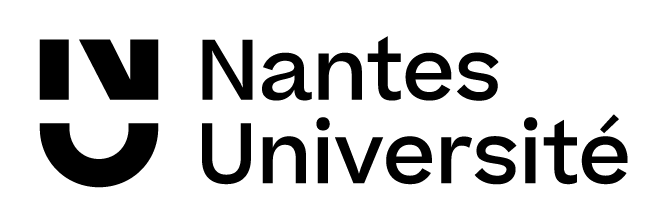

The Laboratoire de Planétologie et Géosciences (LPG) from Nantes Université has gained a worldwide reputation in research in planetary geosciences, thanks to its involvement in many space exploration missions, through collaborations with international partners, including space agencies and industrial partners that provide space instrumentation. It is involved in 13 space missions investigating planetary bodies of the solar system for at least the next 5 years.
University of Coimbra and the Centre for Earth and Space Research (CITEUC)
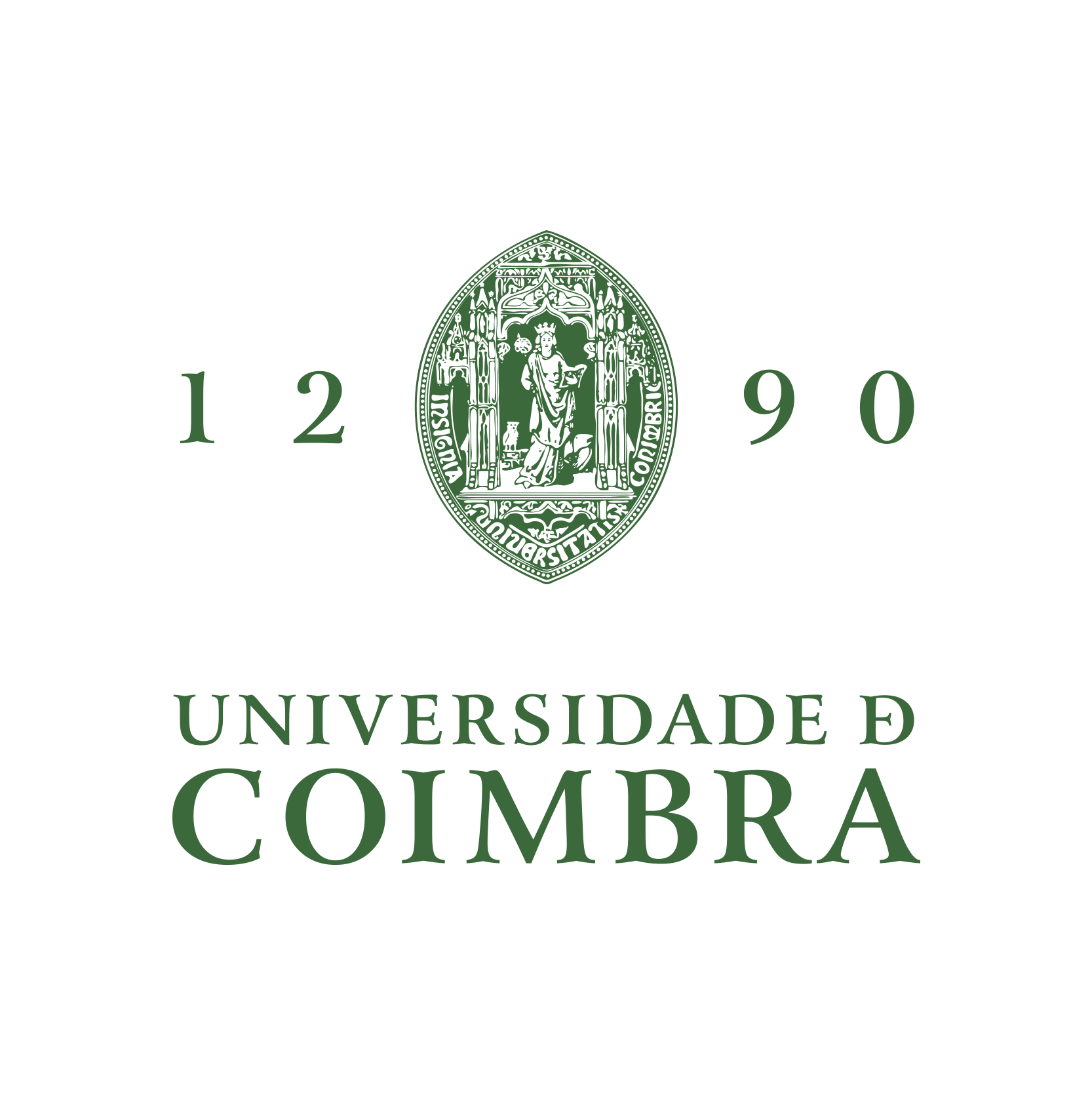
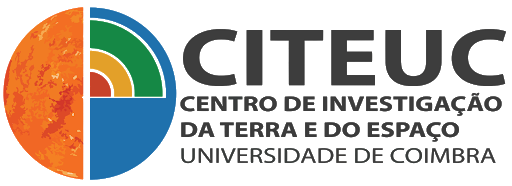
The University of Coimbra, with its Master in Astrophysics and Space Instrumentation ascribed to the Physics and the Mathematics departments, does promote interchange between Space Sciences and companies of Space Instrumentation. The CITEUC is a research center dedicated to research on the Solar System as a whole and at all scales. This results in highly interdisciplinary aspects, for the study of different bodies including Venus, Earth, Mars, Titan, and smaller bodies.
University of Porto and the Faculty of Sciences (FCUP)

In the University of Porto, the Faculty of Sciences (FCUP) currently hosts 6 academic departments and 6 high-performing Research and Development Units. It has a Master Degree in Geophysics since 2004. Their current research focus on the study of the mineralogy of asteroids and meteorites, the study of mechanisms of electrical charge generation and propagation in rocks under mechanical action and cooperative learning.
University of Chieti-Pescara and the International Research School of Planetary Sciences (IRSPS)
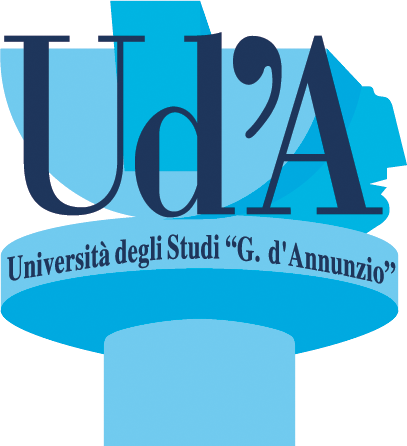
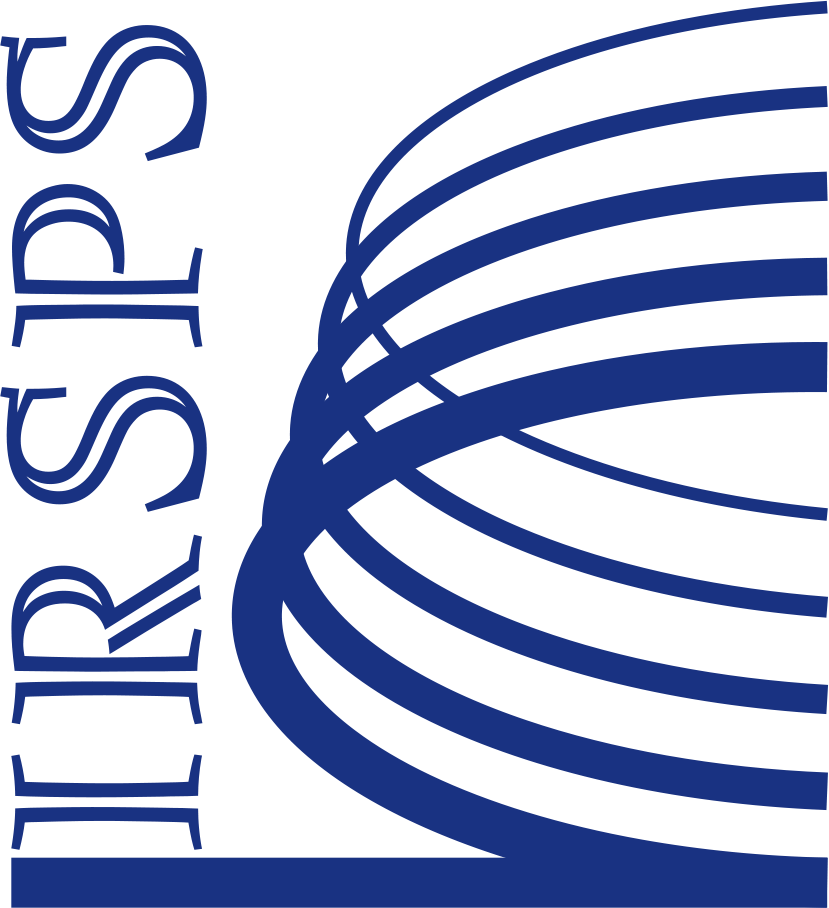
The International Research School of Planetary Sciences (IRSPS) at Università d’Annunzio in Pescara (IT) offers English-language academic programmes, including M.S. and Ph.D programmes, in Planetary Geology and Geophysics ranging across planetary/moon surfaces, interiors (e.g., Mars, Titan and Icy Moons) and terrestrial analogues. Since 1998, IRSPS and his top lecturers have been involved in several space missions being a world-renowned authority on planetary sciences and exploration.
University of Padova and the Department of Geosciences
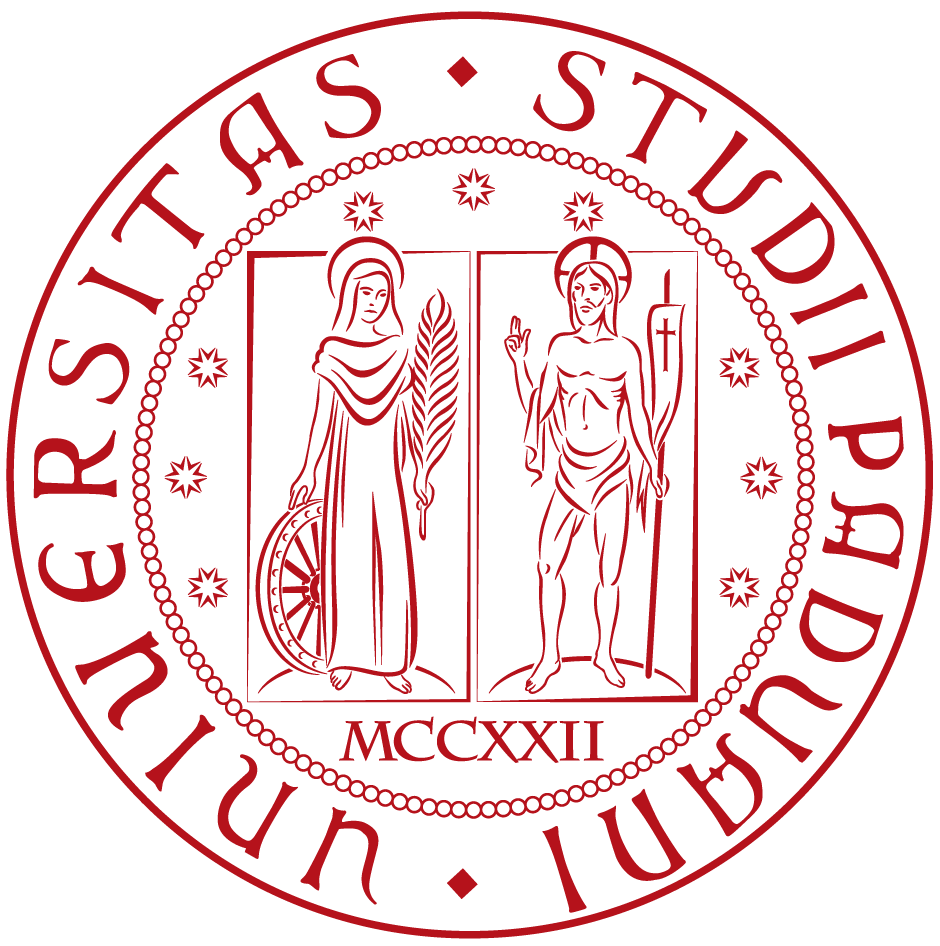

The Department of Geoscience of Padova University (IT) currently manages 12 European research projects. It covers a wide spectrum of research lines subdivided into 4 main fields: Deep Earth and Planets; Sediment Systems, Past Life and Deep Time; Applied Mineralogy, Petrography and Geophysics; Geological and Hydrogeological Hazards. It has been involved in many planetary missions, such as Rosetta-OSIRIS, Exo-Mars-CASSIS, Bepicolombo-SIMBIOSYS and Juice-JANUS.
The start-up VR2Planets specialised in Virtual Reality
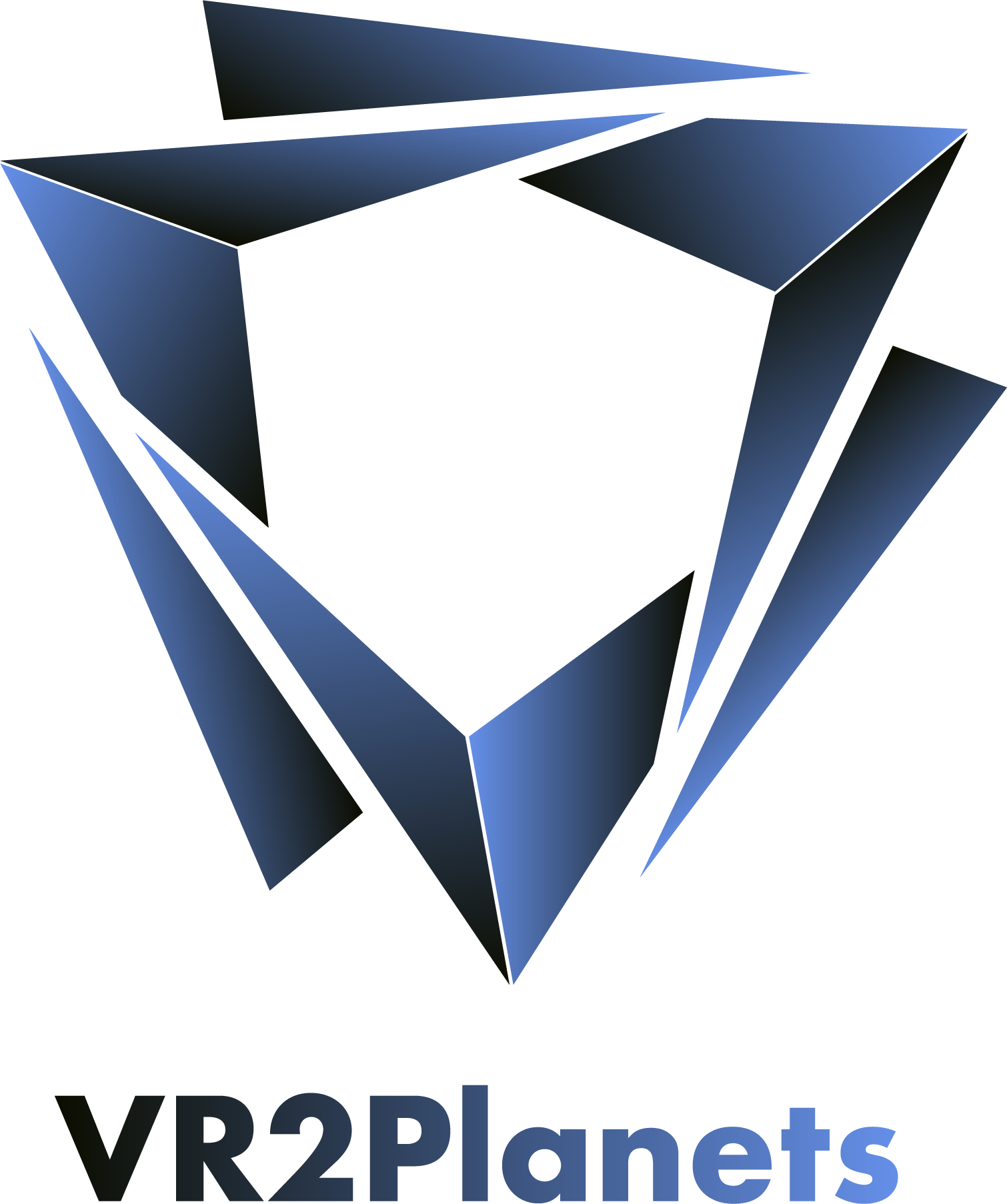
The start-up VR2Planets develops 3D content and virtual reality softwares dedicated to the visualisation of imagery data for geosciences and education purposes. The end-users of these applications are research laboratories and space agencies. Its participation brings a strong added-value as it gives access to original virtual reality tools developed from space exploration data.
Updated on 18 October 2022.

